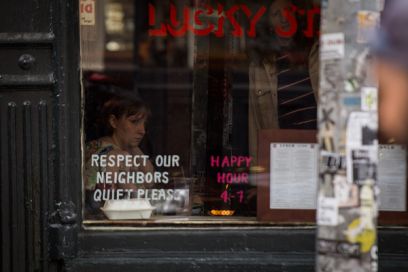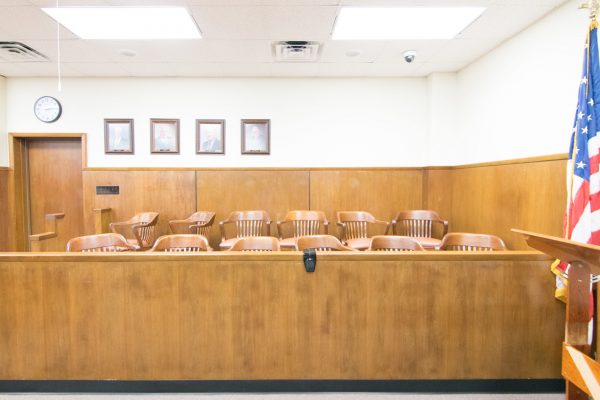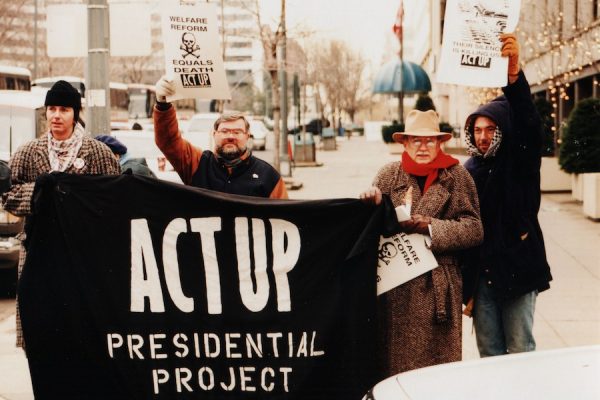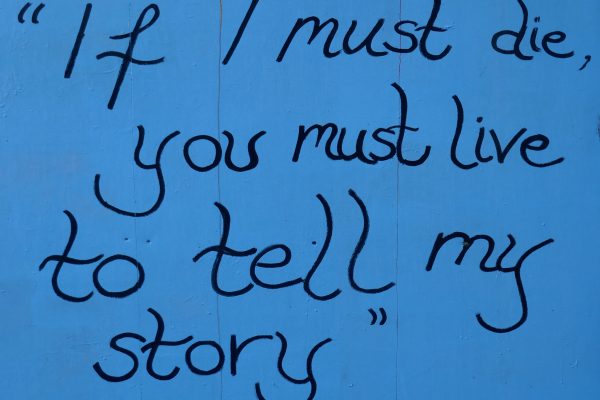By now you know the story. Lena Dunham, writer, filmmaker, and creator of the HBO megahit Girls, writes in her memoir Not That Kind of Girl about vaginas. Specifically, about her sister’s vagina.
Lena is seven and curious, as girls of seven are. She asks her mother if her little sister Grace’s vagina looks like her own.
“I guess so,” mom says. “Just smaller.”
Lena’s curiosity is not sated. Playing later with Grace, she pries the one-year-old’s tiny labia apart, only to discover, to her horror, a cache of pebbles. She cries out, mother flies to the rescue. Grace “cackles” happily. No scolding ensues, just extraction of the pebbles.
File under: sexual curiosity, child; parental reaction, appropriate.
Enter National Review’s “roving correspondent” Kevin D. Williamson, inside whose shiny pink dome roils a lava of contempt for (among others) African Americans (he compares a nine-year-old black boy to a “primate”); transsexuals (actress Laverne Cox is “an effigy of a woman”); and women who have abortions (Hang ’em).
And recently, Lena Dunham. Having been gunning for her since the memoir’s publication, he sets out to prosecute Dunham—or, rather, the child Lena—as a sex offender. His indictments include “casually masturbating while in bed next to her younger sister,” “bribing [Grace] with ‘three pieces of candy if I could kiss her on the lips for five seconds,’” and of course, the vagina incident. The coup de Grace is Dunham’s confession of a pattern of predation: “This was within the spectrum of things I did.”
Conservative blog TruthRevolt picks up Williamson’s rant, posts the whole passage from Dunham’s book. Lest the reader misinterpret (or giggle at) the text, the headline spells out the Revolting Truth: “Lena Dunham describes sexually abusing her little sister.”
Dunham releases a torrent of tweets.
The right wing news story that I molested my little sister isn’t just LOL- it’s really fucking upsetting and disgusting.
— Lena Dunham (@lenadunham) November 1, 2014
And by the way, if you were a little kid and never looked at another little kid’s vagina, well, congrats to you.
— Lena Dunham (@lenadunham) November 1, 2014
Usually this is stuff I can ignore but don’t demean sufferers, don’t twist my words, back the fuck up bros.
— Lena Dunham (@lenadunham) November 1, 2014
And so on. “A rage spiral,” she admits.
Supporters rally. But versions of the phrase “Lena Dunham molesting her sister” scatter across the Web.
That @lenadunham wrote about molesting her sister in a book is sexual-predator-level depravity. She wrote it to defuse the incident.
— Todd Kincannon (@Todd__Kincannon) November 3, 2014
Wow. @lenadunham tells a disturbing story about molesting her younger sister and then has the audacity to be upset at other people’s horror?
— Royal Bank of Sneak (@mysteryminxx) November 1, 2014
In Salon, Carolyn Edgar defends her with faintly less damning psychoanalysis. Dunham may not be a molester, Edgar writes. She is merely “troublingly averse to adult reflection on her life, her upbringing, or the effect that her actions may have had on the people around her.”
Kat George offers a morsel of sanity, noting that everything Dunham did is normal child development.
Grace assures everybody that she is not now, and has never been, a victim.
Dunham threatens to sue TruthRevolt. She cancels stops on her book tour.
Then she apologizes. “Childhood sexual abuse is a life-shattering event for so many, and I have been vocal about the rights of survivors,” she writes in Time. “If the situations described in my book have been painful or triggering for people to read, I am sorry, as that was never my intention.” She expresses remorse for joking about child molesters.
Victory to the haters.
Why are we even debating whether a seven-year-old child was a child molester?
The short answer: our collective fantasy that pedophiles lurk behind every bush admits the specter of second-graders on tricycles trolling the neighborhoods for infants to satisfy their prepubescent lust.
The longer answer lies, as usual, in history.
It was the early 1980s. The hallucination that birthed the current pedophile delusion—that is, of satanic ritual abusers invading the preschools—was taking hold.
If the name Kee MacFarlane rings a bell, that is because she headed the team at Los Angeles’s Children’s Institute International (CII) that interrogated nearly 400 children in the investigation into alleged ritual sexual abuse at the McMartin Preschool in Manhattan Beach, California. MacFarlane’s interviews, whose techniques became the prototype for hundreds of copycat cases, elicited sexual torment accusations from 369 of the toddlers—from anal rape and animal mutilation to kidnapping via secret tunnels. Except for one, none of the children mentioned abuse until they got to CII. After the jury saw the taped interviews, full of heavy suggestion, bribery, and threats, they acquitted the defendants. In 1984, MacFarlane testified to Congress about “a conspiracy, an organization of child predators designed to prevent detection.”
A young psychologist named Toni Cavanagh arrived at CII after those interviews. But she learned their lessons: route out the abusers, and if there are none, invent them. So Johnson trademarked her own: the “child who molests,” a creature as young as two who, under the cloak of innocent exploration, sexually abuses other children. In 1988 she published her first paper on the subject. By 1993 her book Sexualized Children: Assessment and Treatment of Sexualized Children and Children Who Molest, coauthored with psychologist Eliana Gil, had become the specialty’s main text.
Like satanic abusers, and communists before them, children who molest were alleged to be legion; if we didn’t see them, it was because we were in denial. They “make all of us uncomfortable,” MacFarlane wrote in 1996—”so uncomfortable, we’ve had to deny their existence and/or minimize their behavior until now. We’ve called their behavior ‘exploration’ or ‘curiosity’ until they were old enough for us to comfortably call it what it is: sexual abuse of other children.”
Sound familiar? Dunham, Lena. Age: 7. Alibi: Curiosity. Identity: Sex fiend.
To cure the illness, a new psychotherapeutic specialty developed. It resembled a cross between, on the one hand, Inquisition-era confession, self-flagellation, and atonement and, on the other, 1950s cures for homosexuality. Based on adult sex-offender treatment, the treatments compelled kids to keep diaries of their masturbatory fantasies, recount their “offenses,” craft “avoidance plans” to quash deviant desire—or all desire. A decade later, there were hundreds of such “therapeutic” programs, most of them residential, a lot of them like jails. Today, with more outpatient treatment, there may be thousands of practitioners.
These “children who molest” have a new name: the putatively less stigmatizing “children (or youth) with sexual behavior problems,” or SBP. Their therapists still pathologize normative childhood sensuality. For instance, a 2006 report, of which Johnson is one author, advises that “young children [who] touch their own genitals as a self-soothing behavior during times of stress . . . be re-directed to alternative coping mechanisms.” They still speak of unspecified “harm.”
Still, maybe chastened by bad press, maybe remorseful for ripping kids from their homes, locking them up, and turning them into self-hating depressives, the tight clutch of SPB specialists has refined the diagnosis—now it is more about coercion, compulsion, and (undefined) harm than a cure for vaguely “inappropriate” behavior. They also admit that kids who are sexually aggressive toward other kids—and some are aggressive, even violent—are almost always aggressive in other ways too: fighting, biting, torturing animals.
But the principle from which they start is that sex is an altogether different, and worse, category of behavior, profoundly symptomatic for the doer and inevitably traumatic for the done-to. “SPB-specific” therapy is therefore needed—for every child who might involve genitals in expressing unhappiness or anger. At the University of Oklahoma’s Health Sciences Center, psychologist Jane F. Silovsky is running a pilot treatment program for “preschool children with interpersonal sexual behavior problems.”
If the SBP specialists have stepped back a half pace, it may be because reporting a bathtub grope to the child protective agency carries consequences even more dire than back in the day. Now federal law requires states to put kids as young as fourteen on sex offender registries; some list children as young as nine. In 2000 even Johnson hinted that this is a bad idea.
Still, the people who gave us the idea that children can be pedophiles will never admit they had anything to do with a nine-year-old ending up on a public registry—and with the orthodoxy that he needs “sex offender treatment.” Parents whose children were adjudicated for consensual sex or allegedly downloading child porn tell me their kids emerge from such “treatment” feeling sexually sick and evil, afraid to look for romance, much less sex.
And then there are those who avoid detection by self-diagnosing and prescribing stringent self-surveillance of desires that may be utterly normative. Some of these sad kids find their way to Virtuous Pedophiles, an online self-help community supporting abstinence from sexual activity with minor-age partners.
I’m a 20-year-old man who has been trying to deal with an attraction to young girls since I was 13. I wish with all my soul that I could have a brain that’s wired normally.
I self-diagnosed myself as a non-contact pedophile in 1979 when I was 23 years old. I had been struggling with my feelings since I was 11.When I was in my late teens I found myself attracted to young teens. I went searching the web for help for those with pedophilia.
Dunham is the rare young woman who is not ashamed of her imperfect body. She’s had her share of bad sex but still appears to relish good sex. She loves her family. She is witty, original, ambitious, and proudly feminist. She did funny, sexy things with her intimates when she was little. So did I. So, I imagine, did you.
If anyone needs to apologize, it is not she. Rather, her attackers—and the people who gave them the psychological ammunition to attack her—should be ashamed of their dirty minds and their dangerous impulses.






